Social impact assessment of the Rapporti Corti project for socio-educational inclusion in the Navile district of Bologna
Title Rapporti Corti
Location Quartiere Navile, Bologna
Duration 2019-2024
Project leader Società Dolce
Framework Fondo per il contrasto alla povertà educativa minorile – Bando “Un passo avanti”.
Partner ACER – Azienda Casa Emilia Romagna, Alma Mater Studiorum – Università di Bologna, Arca di Noè, Comune di Bologna, La Baracca Testoni Ragazzi, Seneca
Funding Impresa sociale Con i Bambini
Context
The Rapporti Corti project proposes a model of socio-educational intervention for minors aged 3 to 14 and their families living in fragile conditions in a circumscribed suburban context.
Rapporti Corti aims to generate a positive and structural change in the living context of minors and families living in Bologna in the Navile neighborhood area, through the development of parenting skills and inclusive and composite social relationships, following a non-welfarist but transitional logic.
The project is experimental in nature: it focuses on specific actions in a circumscribed context for a period of four years, so as to be able to test the long-term effectiveness of the intervention model and to obtain information useful for its improvement, also and above all for the purpose of making it replicable in similar contexts.
General Objective
The social impact assessment of the Rapporti Corti project aims to estimate the change generated in the long run on the well-being of the beneficiary minors and their households, as well as on the community of residents in the Corti of the public housing projects in the Navile District.
The social impact assessment strategy, as well as the M&E strategy developed by the University of Bologna, is an analytical and reflective tool to identify and model the intervention in order to make it effective and replicable in similar contexts.
Our contribution
The social impact evaluation strategy focuses on two closely related levels:
- on the one hand it observes the effect of project actions on the individual dimension of the well-being of minors and their households
on the other it delves into the change generated by the project on the collective dimension of the well-being of the residents of the Courts, considering the level of inclusion of families in the community and the progressive construction of a cohesive educational community.
Data collection directly involved only adult respondents. Information about children and their educational achievements, as well as the characteristics of their households, was collected through parents and pedagogical coordinators responsible for the project’s educational activities.
Thanks to the activities of Spazio Incontro, a place of aggregation and integration for the most isolated families within the Navile neighborhood that proposes outreach services, it was possible to collect important data on the development of neighborhood communities through a dedicated questionnaire.
Read more on the M&E and Impact Evaluation Unit
Related Projects
-

Evaluation of the project that promotes food security and climate resilience in Mozambique
-
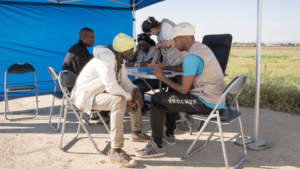
Evaluation of the project strengthening migrants’ right to health in Italy, Greece and Malta
-
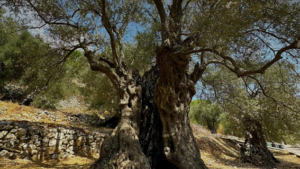
Final evaluation of the project that strengthens olive farmers’ resilience in Southern Lebanon
-
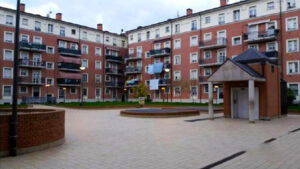
Social impact assessment of the Rapporti Corti project for socio-educational inclusion in the Navile district of Bologna
-

Evaluation of the Naseej project to stop gender-based violence in Iraq, Yemen, and Palestine
-
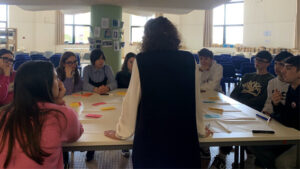
Evaluation of the project that promotes youth employment in Italy
-
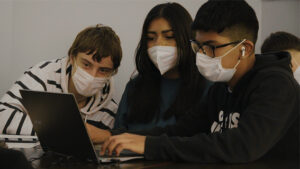
Final evaluation of the ‘5G Smart School’ project for innovative teaching in Italian schools
-
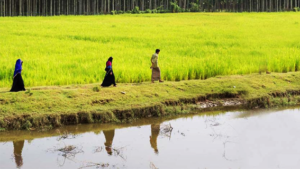
Evaluation of the project that fosters mainstreaming migration into international cooperation and development policies
-

Final evaluation of a project to contrast educational poverty in Albania
-
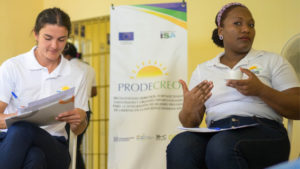
Evaluation of the project PRODECREO to promote the rights and socio-occupational reintegration of women deprived of their liberty in the Dominican Republic
-
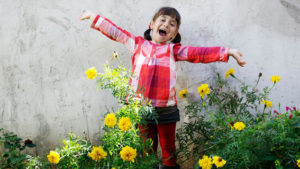
Final evaluation of the SOS Children’s Villages family strengthening project in Bosnia and Croatia
-

Evaluation of the project for the motor rehabilitation of oncological children in Turin
-
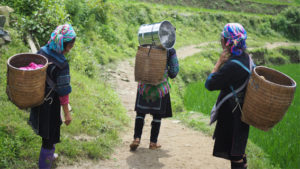
Evaluation of the project that aims to improve the health of the most vulnerable in Myanmar
-
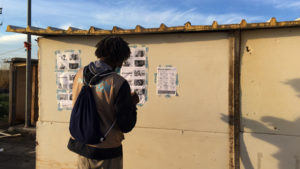
Final evaluation of the project that fosters proximity social-health services in the informal settlements of the Province of Foggia
-

Food Wave, Monitoring the project that promotes sustainable food consumption among young Europeans
-

Spazio Donna, evaluation of the projects to foster women empowerment and contrast gender-based violence
-

Evaluation of the projects “M’Interesso di Te” that tackle unaccompanied foreign minors’ integration
-
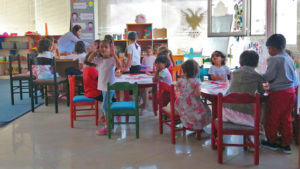
Evaluation of psycho-socio-sanitary interventions in response to the COVID-19 pandemic and the earthquake in Albania
-

Final evaluation of the Youth For Love project to raise young people’s awareness of gender-based violence
-
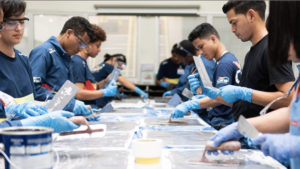
Multi-country mid-term evaluation of the YouthCan! programme, promoting the employability of vulnerable young people
-

Final evaluation of WEGO2 to support women economic empowerment contrasting intimate partner violence
-
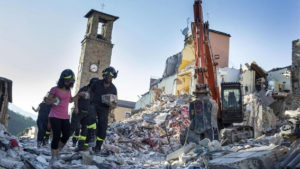
Action Research for the project Do.N.N.E against gender-based violence in Central Italy
-

Evaluation of the project “Mentors for Resilience” to contrast educational poverty
-
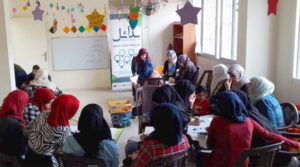
Outcome Harvesting of the project that aims to promote stability and social enterprise in Lebanon
-
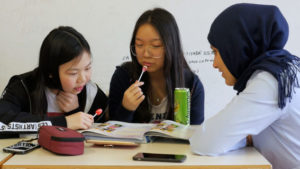
Yearly evaluation and impact evaluation of a programme to foster social inclusion in Tuscany
-
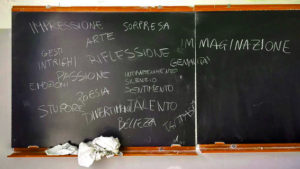
Evaluation of the project “Dreams and Needs” to contrast educational poverty in Italy
-
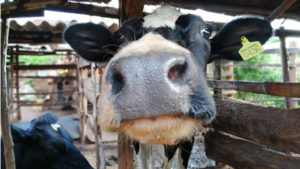
Mid-term evaluation of the project MilKy for the development of a sustainable dairy supply chain in Kenya
-

Final evaluation of Pe.R.Co.rrere: resilience of communities in Center Italy
-

Evaluation of the promotion campaign for Piave DOP cheese in Austria, Germany and Italy
-
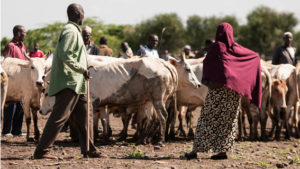
Mid-term & final evaluation of a project to strengthen resilience to climate shocks in Kenya
-
Evaluation of the promotion campaign for Italian specialities in Japan
-
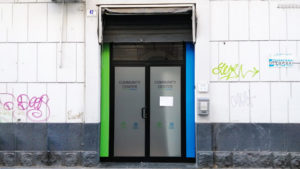
Community center, final evaluation of the social inclusion project
-
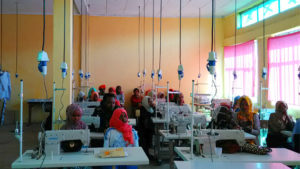
Mid-term evaluation of the project to contrast irregular migration in Ethiopia
-
Mid-term evaluation of the project for the conservation of Protected Areas in Albania
-

Social Impact Assessment of children’s protection programmes in Kyrgyzstan
-
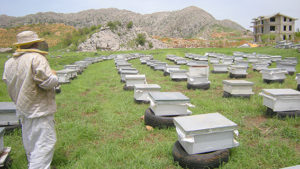
Monitoring&Evaluation of reintegration services for drug addicts and ex-addicts in Lebanon
-
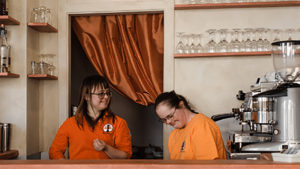
SROI Analysis, Albergo Etico social performance
-
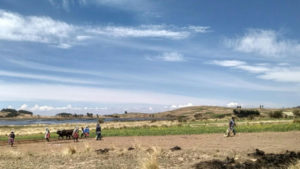
ECO.COM: strengthening local economic development in Bolivia
-

Improving the sustainability in the cherry supply chain in Bulgaria and Turkey
-
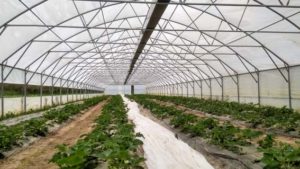
Evaluating sustainable agricultural supply chains in Bosnia Herzegovina and Albania
-
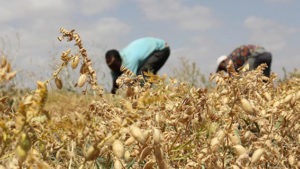
Impact evaluation of the creation of a durum wheat supply chain in Ethiopia
-
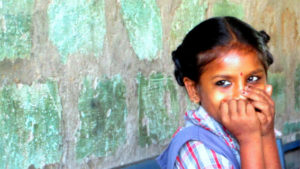
Impact evaluation of a Rehabilitation programme in India